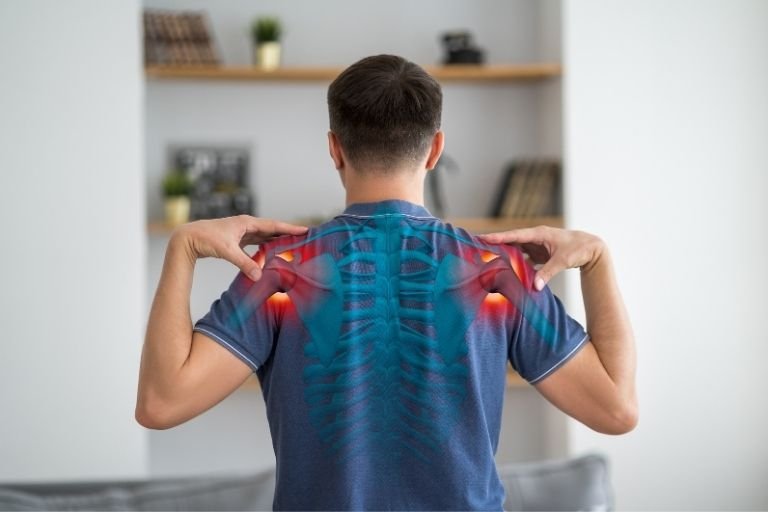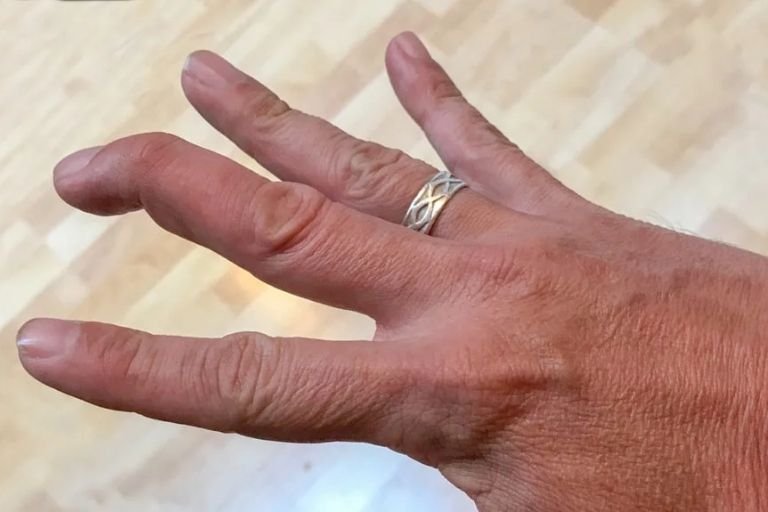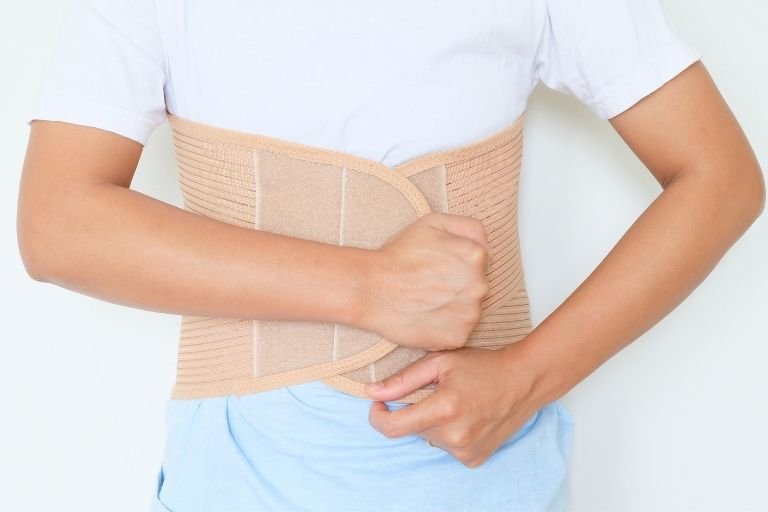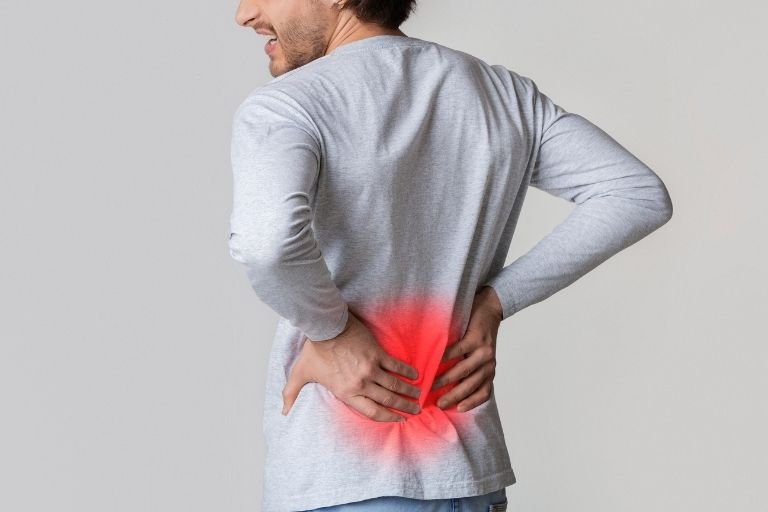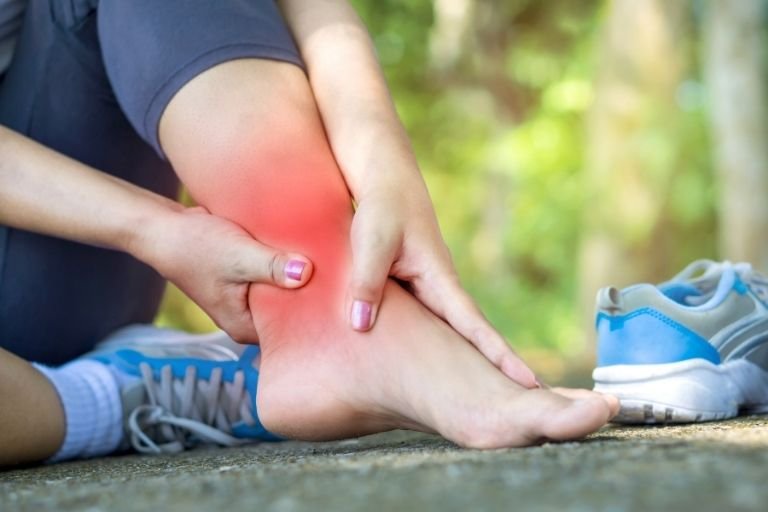- Fitwell Physiotherapy
Cerebral Palsy

Cerebral Palsy (CP) is a group of permanent movement disorders that appear in early childhood. It is caused by abnormal development or damage to the parts of the brain that control movement, balance, and posture.
Please submit your details below.
Symptoms
The symptoms of cerebral palsy vary widely among individuals but generally include:
- Movement and Coordination Issues: These include stiff or tight muscles and exaggerated reflexes (spasticity), variations in muscle tone (either too stiff or too floppy), and lack of balance and muscle coordination (ataxia).
- Motor Skills Impairment: Delayed development in motor skills such as sitting, crawling, or walking, difficulty with precise movements, such as picking up objects, and favoring one side of the body.
- Speech and Swallowing Difficulties: Problems with speaking, difficulty with swallowing, and excessive drooling.
- Neurological Symptoms: Seizures, intellectual disabilities, and hearing or vision problems can also be present.
- Other Symptoms: Joint problems, spinal deformities, and oral health issues.
Causes
Cerebral palsy is typically caused by abnormal brain development or damage to the developing brain. The exact cause is often unknown, but potential factors include:
- Prenatal Causes: Infections during pregnancy, maternal health problems, and exposure to toxins.
- Perinatal Causes: Complications during birth such as lack of oxygen (asphyxia), premature birth, and low birth weight.
- Postnatal Causes: Early childhood illnesses, head injuries, and severe jaundice in the newborn period.
When to See a Physiotherapist
Early intervention is crucial for managing cerebral palsy. A physiotherapist can help if you notice:
- Delays in reaching movement milestones such as rolling over, sitting, or walking.
- Abnormal muscle tone, either stiffness or floppiness.
- Involuntary movements or uncoordinated movements.
- Persistent reflexes that normally disappear in infancy.
Risks
Several factors can increase the risk of cerebral palsy:
- Premature Birth: Babies born before the 37th week of pregnancy have a higher risk.
- Low Birth Weight: Babies weighing less than 5.5 pounds are at greater risk.
- Multiple Births: Twins, triplets, and other multiple births.
- Maternal Health: Infections, exposure to toxins, and certain medical conditions during pregnancy.
- Birth Complications: Difficult deliveries, breech births, and complicated labor and delivery processes.
How to Prevent
While not all cases of cerebral palsy can be prevented, certain measures can reduce risks:
- Prenatal Care: Regular check-ups during pregnancy can help monitor and manage the health of both mother and baby.
- Vaccinations: Immunizations against infections that can cause brain damage.
- Healthy Lifestyle: Avoiding tobacco, alcohol, and drugs during pregnancy.
- Managing Medical Conditions: Conditions like diabetes and high blood pressure should be managed effectively.
Treatments
While there is no cure for cerebral palsy, various treatments can improve the quality of life:
- Physical Therapy: Enhances motor skills and prevents contractures.
- Occupational Therapy: Helps with daily activities and independence.
- Speech Therapy: Assists with communication issues.
- Medications: Muscle relaxants, anticonvulsants, and medications for other associated conditions.
- Surgical Interventions: Orthopedic surgeries to correct bone and joint deformities, and selective dorsal rhizotomy (SDR) to reduce spasticity.
- Assistive Devices: Braces, wheelchairs, and communication aids.
Effective management of cerebral palsy involves a multidisciplinary approach tailored to the individual’s specific needs and challenges, ensuring the best possible outcomes for mobility, communication, and overall quality of life.
Frequently Asked Questions
Related Conditions
How Fitwell Physiotherapy Can Help?
Dr. Richa’s Fitwell physiotherapy has an extensive team of physiotherapists all within their own specialist areas of physiotherapy. Whatever your condition, we guarantee that we will have the best physiotherapist for you. We assess, diagnose, plan, cure and care for you.
Fitwell Physiotherapy Clinic, Pune provides you best physiotherapy treatment in Kharadi, pune. We also serve Chandan Nagar, Vadgaon Sheri, Keshav Nagar, Wagholi & nearby Areas in Pune. We are experts in treating Neck Pain, Hand Pain, Back Pain, Lower Back Pain, Knee Pain, Stiff Neck, Sciatica, Arthritis, Stroke Paralysis & Post Surgical Rehab.
We provide Specialized physiotherapy treatments in Sports Injuries, Pre and post Surgery, Neurologic, Pediatric, Chronic Pain/Fatigue, Rheumatology, Women’s Health, Men’s Health, Ergonomics, Vestibular, Amputees & all sort of Pain treatment and lifestyle conditions.






















